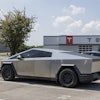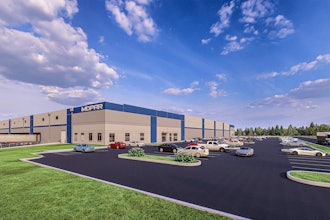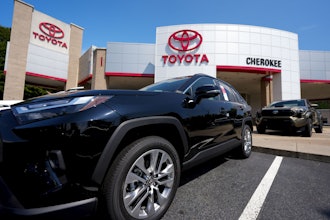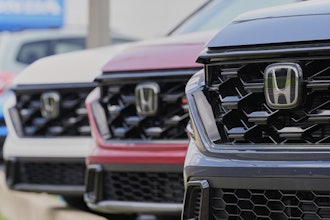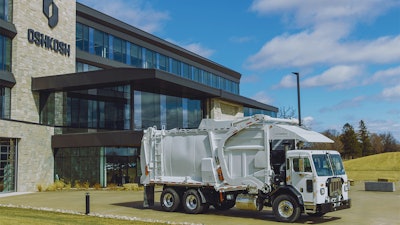
McNeilus Truck and Manufacturing, Inc., an Oshkosh Corporation company, announced a partnership with SSAB in fossil-free steel applications for severe-duty commercial vehicles.
The first use of this fossil-free steel will be to prototype advanced, environmentally sustainable McNeilus refuse collection vehicles. Oshkosh Corporation and McNeilus are working together on future research and development initiatives across multiple commercial vehicle product lines.
“We are very happy to welcome Oshkosh Corporation and McNeilus into our partner group to be the first in the United States to prototype fossil-free steel in commercial and industrial vehicles,” SSAB President and CEO Martin Lindqvist said. “Demand for fossil-free steel continues to increase globally.
SSAB aims to deliver fossil-free steel to the market in commercial scale during 2026 and delivered the first steel made of hydrogen-reduced iron in 2021.
SSAB works with iron ore producer LKAB and energy company Vattenfall in Sweden as part of the HYBRIT initiative to develop a value chain for fossil-free iron- and steel production, replacing coking coal traditionally needed for iron ore-based steelmaking, with fossil-free electricity and hydrogen. This process virtually eliminates carbon dioxide-emissions in steel production.
Sustainability efforts across McNeilus and Oshkosh Corporation include working to reduce the “use-phase” emissions of products through fuel efficiency, alternative fuels and electrification to help customers significantly reduce their carbon footprint and move industries forward.



